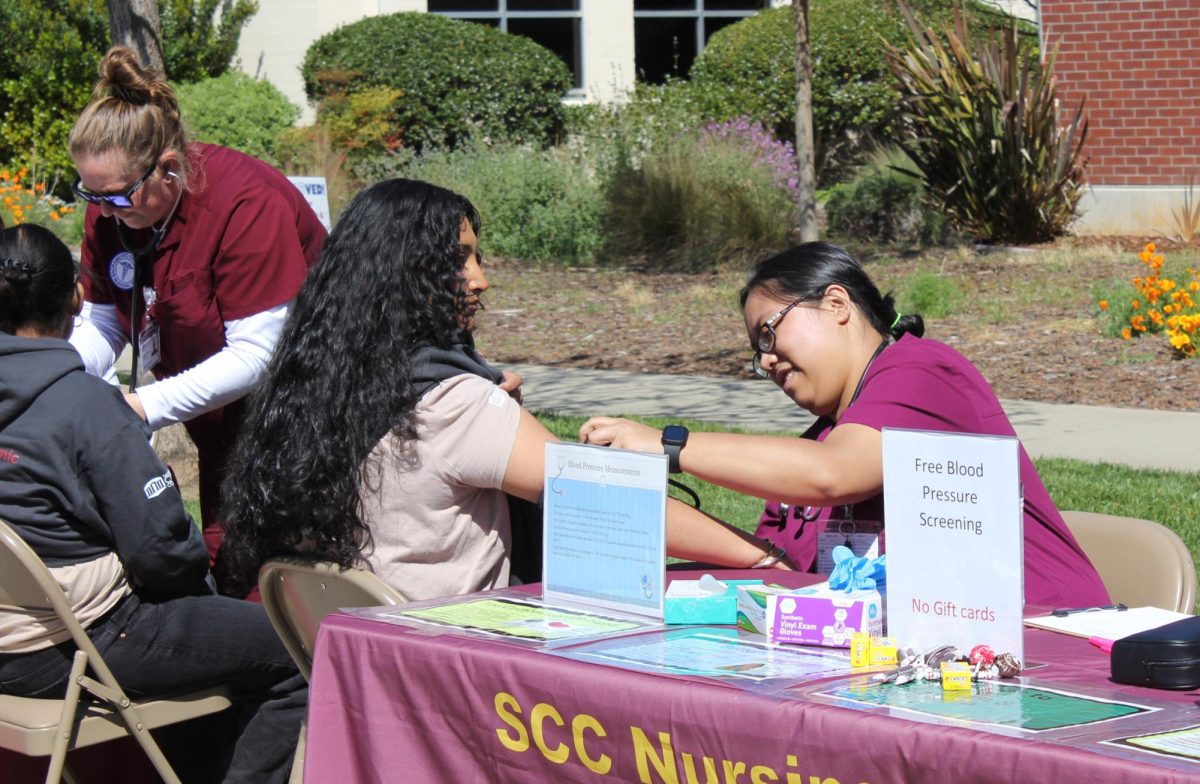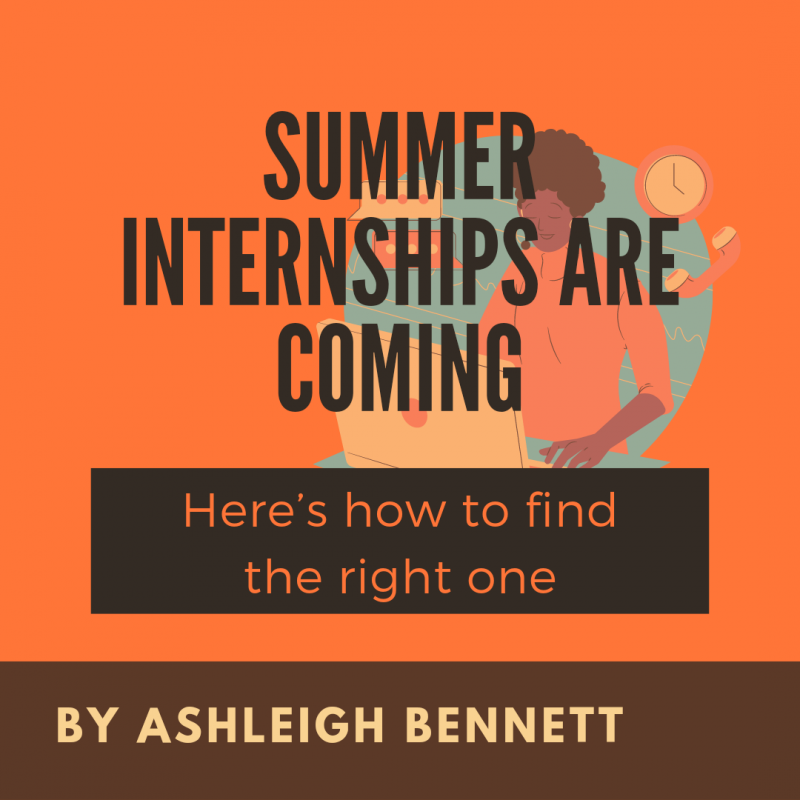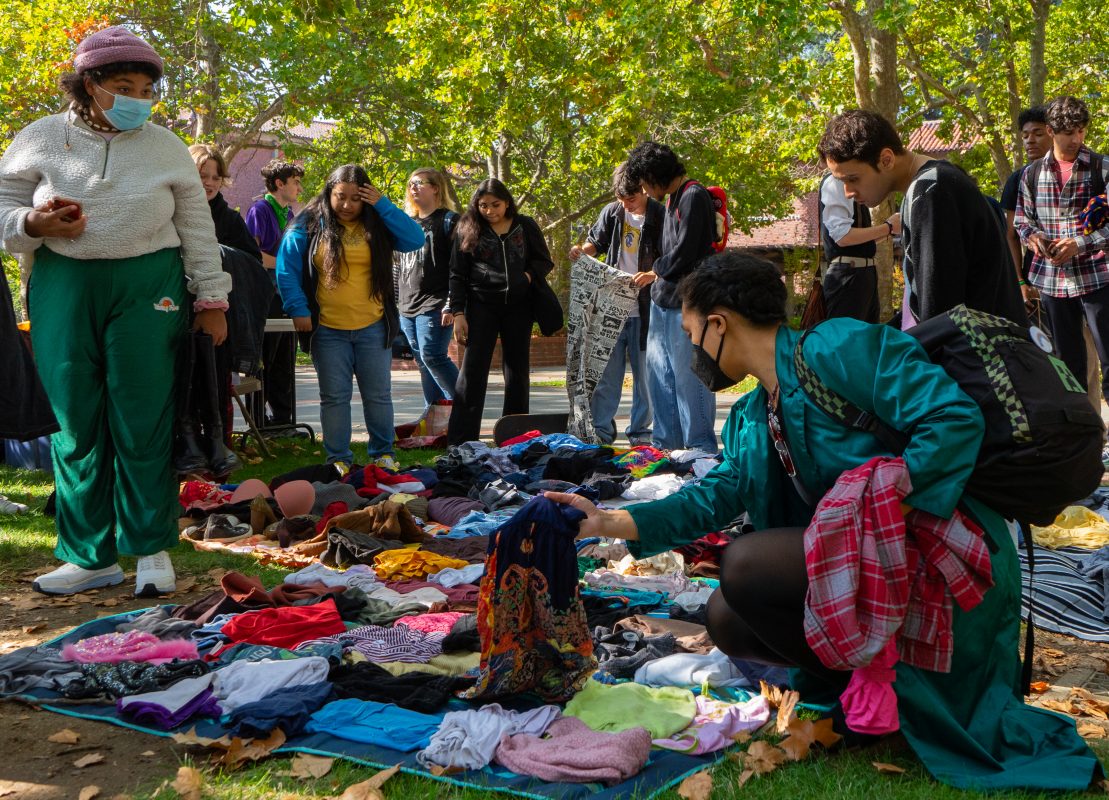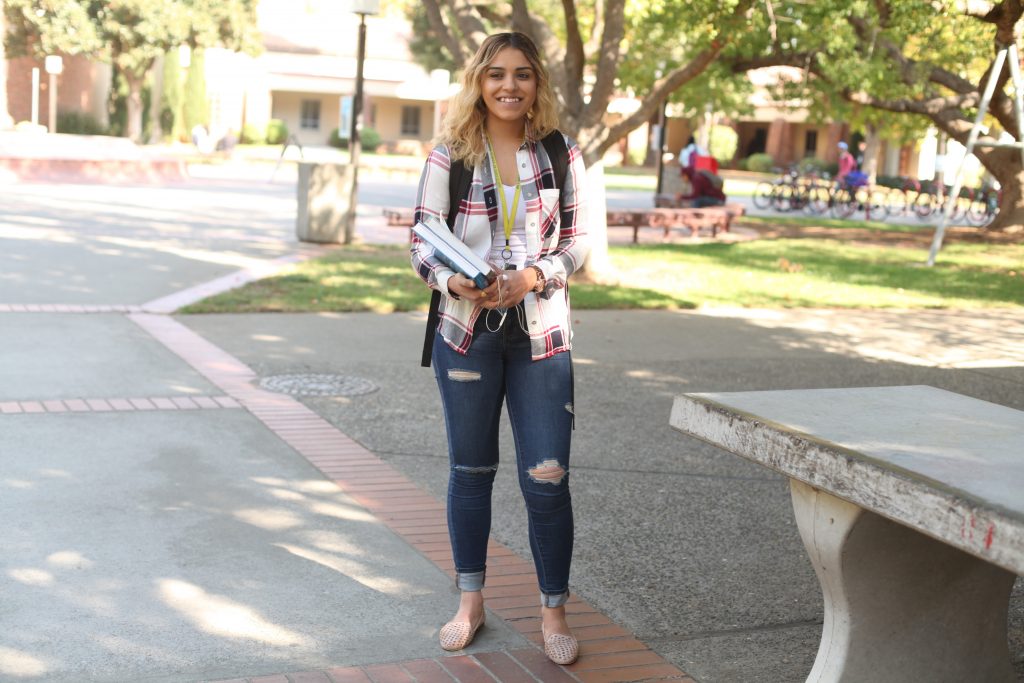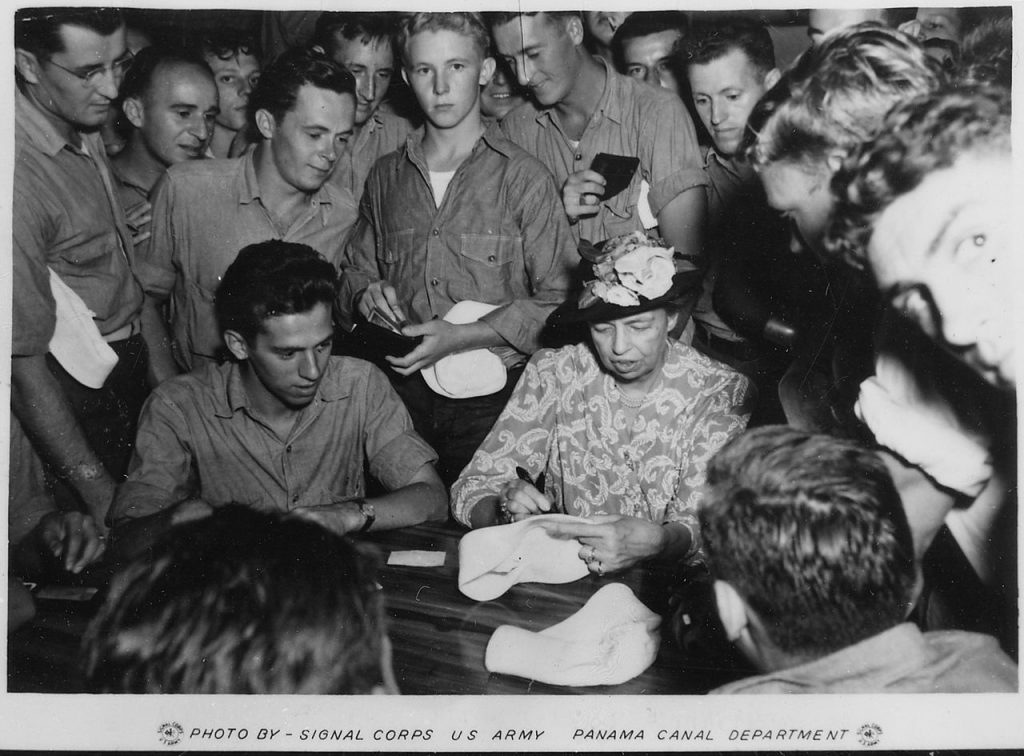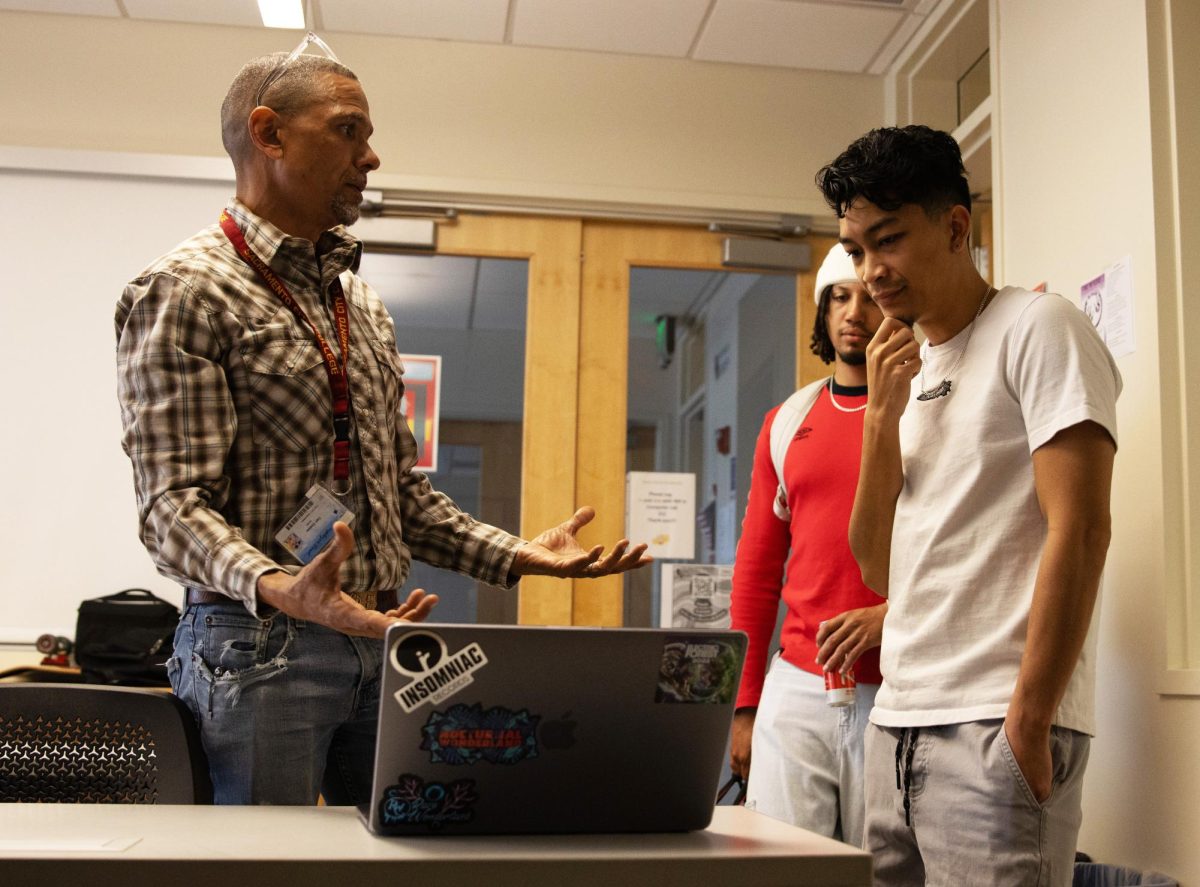As the weather warms and the days left in the spring semester dwindle, students begin thinking about their summer plans. For many students, the summer session is an excellent time to nail down an internship and kick-start their resumé.
For City College students, the college’s Internship and Work Experience Program (WEXP) has a multitude of resources to get students started on their internship hunt and application process.
Monica Souza, the internship developer for WEXP, said the main Los Rios website offers many resources for students who would like to begin researching internships on their own.
“We have a lot of information on our website, and our district office is our main landing page for all four campuses,” Souza said. “There is a student work guide on there. There is an internship handbook on there. There’s a lot of really good information that students could start with there if they are the type that like to do some research and reading in advance to then formulate their questions.”
Souza emphasized, though, that it isn’t necessary for students to research prior to reaching out to WEXP for guidance.
“Whatever works [for students]. They can come to us without having read a thing; we’ll walk them through to get them to where they need to be,” Souza said.
One of the newest resources available on the site is a series of recordings of presentations hosted by WEXP and City College internship partners, taken from online sessions held during Internship Info Month, which happened in March of this year.
The primary resource WEXP directs students toward is Handshake, Souza said.
“It historically was a four-year [college] platform,” she explained. “They finally opened it up to community colleges, and we were one of the first. We’re pretty excited about that, because now it can connect students throughout their whole educational years, depending on what college they go to.”
To provide City College students with the best internships, WEXP only “allow[s] employers who are vetted and approved to post jobs and internships” on Handshake, she said. Souza also recommended utilizing basic search engines and tailoring search terms to fit the specific location and type of internship a student is looking for.
“There are so many search engines out there,” Souza said. “It could be [that] we show [students] 10 different ways of searching and finding different locations where the internships are available, or it could just be a few.
“Depending on what the need of the student is, there’s not just one search engine,” Souza said. “We like to be able to show them all these other attributes of searching. It could be a Google search.”
Souza said that WEXP is able to help students learn how to best use these search engines to their advantage and use some “wordsmithing and showing [students] the difference of changing just one word” to find what they want.
She suggested that students use sites such as Indeed.com or that they connect with Sacramento State’s University Enterprises, Inc. (UEI), with which City College has a partnership.
Souza said that UEI has a platform that offers “all government-related types of positions.”
Regardless of how students choose to find internships, Souza emphasized that the WEXP program is available to help them during any point in the process.
“Every single time we talk to a student, it’s individualized for what their needs are,” she said.
Tracey Hodge, the faculty program director for WEXP at City College, echoed Souza.
“A lot of times it’s a case-by-case thing, too. Every student comes in with different needs, different scenarios,” Hodge said. “First and foremost is having that conversation of what they’re looking for, where they’re at in school, what their goals are. Some students aren’t ready for internships, so we do some planning for that down the road. We work really close with our career centers and get them up to speed.”
For those wanting to apply for summer internships, Hodge said that students are more likely to find unpaid internships at smaller companies than they might with large corporations, which schedule their application deadlines months or even a year in advance.
Nevertheless, Hodge said that April is one of the key months for students to apply for summer internships.
“Usually the really good internships that want to get the applicants in and get them all interviewed and squared away — those employers are probably closing up their applicant pool by mid-April.”
The closer it gets toward summer, though, Hodge said, “it’s probably going to be the smaller employers, smaller businesses” that don’t offer pay that still have internships available.
Still, Souza stressed, unpaid internships have their benefits. She said that while there might be a program that has no hourly wage, there are often indirect forms of payments, such as access to resources and special facilities, as well as the experience gained from an internship and its resume benefits.
Students should also be aware that summer internships are very popular, according to Souza.
“Summer is a session; it’s not a semester. It’s a session, and it’s optional,” Souza said.
Summer provides interns with more flexibility than they would have during spring or fall semester when they’re having to take a full load of 12 or 18 units, Souza said.
“Being immersed for 40 hours a week is a much better benefit than five hours here or there,” Souza said. “And the employers know that. There are some employers that don’t offer [internships] during the semester because they really want to [immerse] that student into that industry, and the best way to do that is to do more hours, more time on the ground.”
Hodge said students wanting to apply to summer internships should also pay attention to the class schedule if they want to get school credit for their internship.
“I will say, first and foremost, our first goal is to align internships with the class schedule,” Hodge said. “Whether it’s spring, fall or summer, we try to align the internships with the first day of school and the last day of school.”
This year, the first session of summer starts June 7 and ends July 30, according to Hodge. Within the WEXP program, the only factor staff focuses on for academic credit internships is if students will work enough hours during the academic calendar, Hodge said.
Students can do internships that extend beyond WEXP’s summer internship period, but the hours they work before or after the eligible period won’t count toward the hours they earn for academic credit, according to Hodge.
Both Hodge and Souza stressed one thing students need to remember about internships.
“Plan, plan, plan. You can never plan soon enough,” Souza said. “If you are thinking that at some point in your academics that you might want to have an internship, start now.”



























